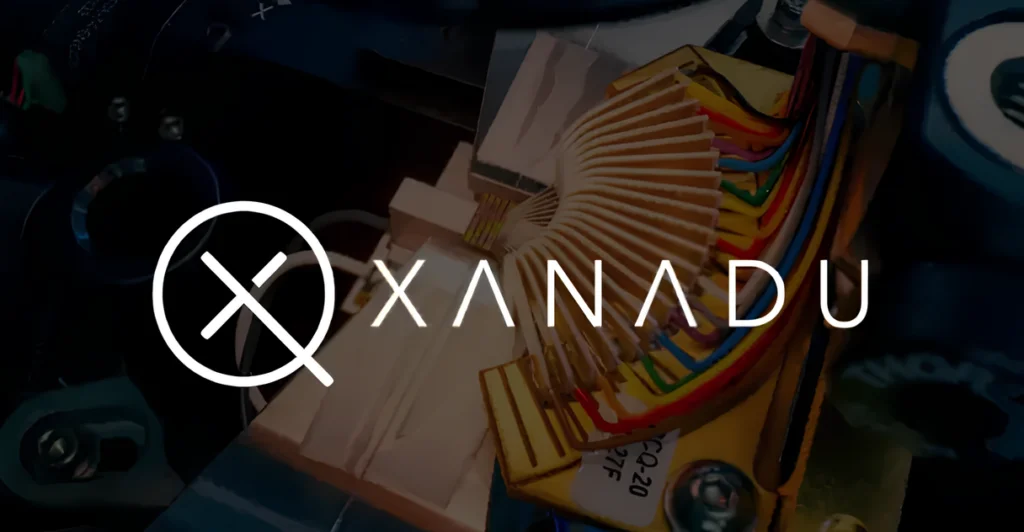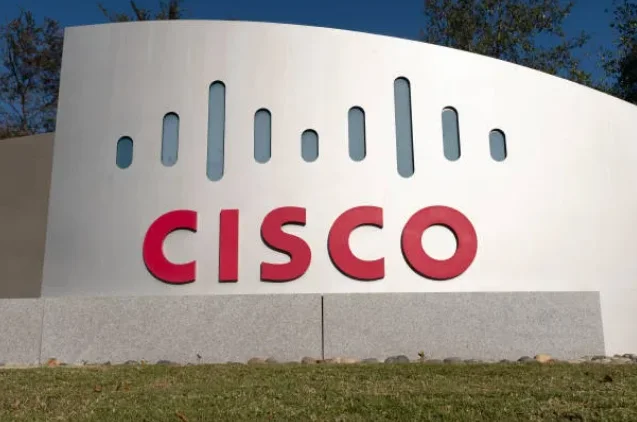Insider Brief
- IBM has launched Guardium Cryptography Manager, an AI-powered system to help enterprises manage encryption and prepare for security risks posed by future quantum computers.
- The platform provides centralized visibility, lifecycle management, and automated remediation for cryptographic keys and certificates across hybrid and multi-cloud environments.
- Built on IBM’s quantum-safe security strategy, the new system supports crypto-agility by linking current encryption management with future post-quantum cryptography standards.
IBM has launched Guardium Cryptography Manager, an AI-powered system designed to help enterprises secure data and manage encryption as the era of quantum computing draws closer. The new solution addresses a growing concern in cybersecurity that future quantum machines could break the cryptographic protections that secure most of today’s digital information.
According to an IBM blog post written by Vishal Kamat, vice president of IBM data security, organizations face a dual challenge. Sensitive data now sprawls across hybrid and multi-cloud environments, expanding the attack surface, while the eventual arrival of quantum computers threatens to render much of current encryption obsolete. The company cites findings from the IBM Institute for Business Value showing that only 30% of organizations have completed a cryptographic inventory—a basic step toward identifying where and how encryption is used. This lack of visibility leaves many enterprises exposed to both present and future vulnerabilities, Kamat suggests.
Quantum computers, still in early development, promise to perform certain calculations exponentially faster than classical machines. Once large and stable enough, they could factor enormous prime numbers and thereby undermine traditional public-key encryption systems such as RSA and ECC, which secure nearly all internet transactions. The risk is not only theoretical: attackers today could harvest encrypted data in transit or storage and decrypt it later once quantum computers are capable — known as “harvest now, decrypt later” attacks.

“IBM’s approach to crypto-agility reflects a broader understanding of the evolving cryptographic landscape. By aligning its data security strategy with emerging quantum risks—and leveraging its expertise in quantum computing—IBM is well-positioned to help organizations prepare for the next era of encryption,” said Heather West, PhD, Research Manager, IDC. in the blog post. “This forward-looking posture is essential as enterprises begin navigating the long-term transition toward quantum resilience.”
IBM’s Quantum-Safe Strategy
IBM says Guardium Cryptography Manager builds on its broader quantum-safe vision, combining decades of cryptographic research, enterprise security experience, and leadership in quantum computing itself. IBM has contributed algorithms to the U.S. National Institute of Standards and Technology’s (NIST) post-quantum cryptography standards and is among the few technology companies that design both quantum systems and quantum-resistant security software, according to the post. This dual role, the company argues, gives it a unique perspective on both the offensive and defensive sides of the quantum transition.
Last year, IBM introduced Guardium Quantum Safe, a tool for assessing cryptographic vulnerabilities. The new Guardium Cryptography Manager extends that foundation by not just identifying risks but actively managing cryptographic assets — keys, certificates, and encryption settings — across enterprise systems. IBM describes it as a bridge between today’s encryption management and tomorrow’s quantum-safe requirements, aiming to help organizations become “crypto-agile,” or able to rapidly switch cryptographic algorithms as new standards emerge.
AI-Powered Insights and Automation
At the core of Guardium Cryptography Manager is a generative AI engine that analyzes cryptographic data and produces recommendations for remediation. IBM says the system automates risk assessments and lifecycle management, reducing the time and expertise required to maintain secure encryption at scale.
The platform provides deep visibility into an organization’s cryptographic landscape, mapping every key and certificate to the IT assets they protect. It also generates audit-ready reports, assigns enterprise risk scores, and automatically triggers remediation workflows when it detects weak or expired certificates. This functionality helps enterprises maintain compliance and reduce operational risks tied to poor cryptographic hygiene, a common cause of breaches, according to the post.
Guardium Cryptography Manager integrates with existing systems such as HashiCorp Vault PKI, providing orchestration for key and certificate operations including creation, rotation, and expiration enforcement. By automating these processes, IBM says, organizations can better manage the enormous number of encryption keys used across applications, databases and networks.
Database Encryption Without Agents
Another major feature is agentless transparent database encryption. Instead of requiring software agents installed on each database server, the system delivers centralized oversight of encryption status across major enterprise databases. It identifies unencrypted or partially encrypted data stores and can automatically initiate encryption through each database’s built-in tools. IBM indicates this method simplifies management while minimizing performance overhead, a crucial advantage for large organizations with hundreds of data repositories.
The product will support certificate lifecycle management and database encryption starting in November 2025. It fits within IBM’s broader Guardium portfolio, a suite of data protection tools covering hybrid, multi-cloud, SaaS, and on-premises environments.
Toward Quantum Resilience
IBM’s emphasis on “crypto-agility” reflects a growing consensus among cybersecurity experts that the shift to post-quantum cryptography will be gradual but necessary. Even if large-scale quantum computers remain years away, preparing now reduces the risk of exposure later. Enterprises must inventory their cryptographic systems, identify dependencies, and plan migration to quantum-safe algorithms. IBM’s new system aims to centralize and automate much of that work.
In parallel with the Cryptography Manager launch, IBM is also adding continuous data compliance functions to Guardium Data Protection, enabling organizations to automate oversight, map regulatory requirements, and maintain audit readiness. Together, these enhancements form part of what IBM calls a unified data security approach, designed for an era when data flows across multiple platforms and regulatory boundaries.
The company positions its strategy as both defensive and proactive: defending against existing cyberthreats while preparing for the quantum future. IBM notes that its work in post-quantum cryptography standards, quantum hardware, and enterprise AI collectively provide the expertise required to help clients navigate what it sees as the next major cryptographic transition.
To learn more about the new Guardium Data Protection capabilities visit here and for Guardium Cryptography Manager, visit here.
About The Quantum Insider
The Quantum Insider is recognized as the world’s leading source for timely quantum computing news, industry insights, and market intelligence. Our editorial team delivers trusted analysis to researchers, investors, and industry leaders.















